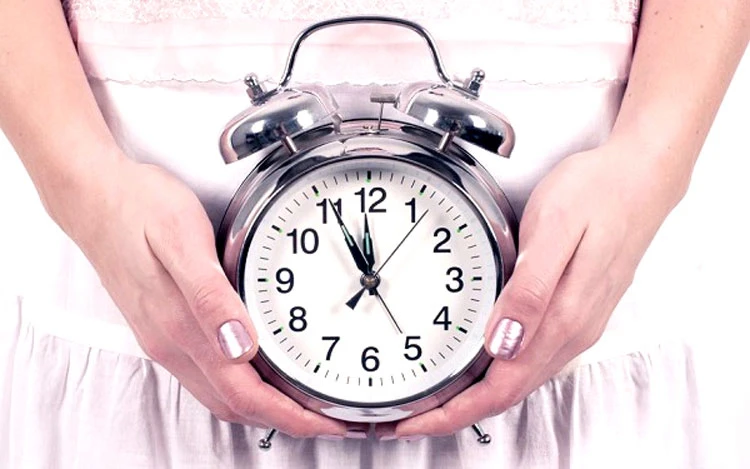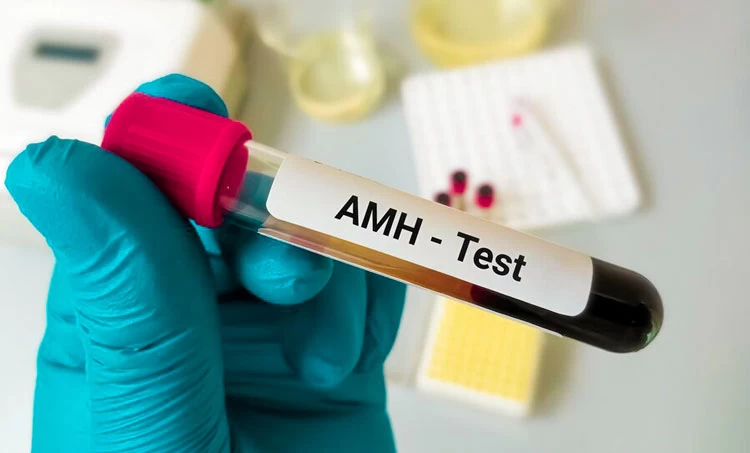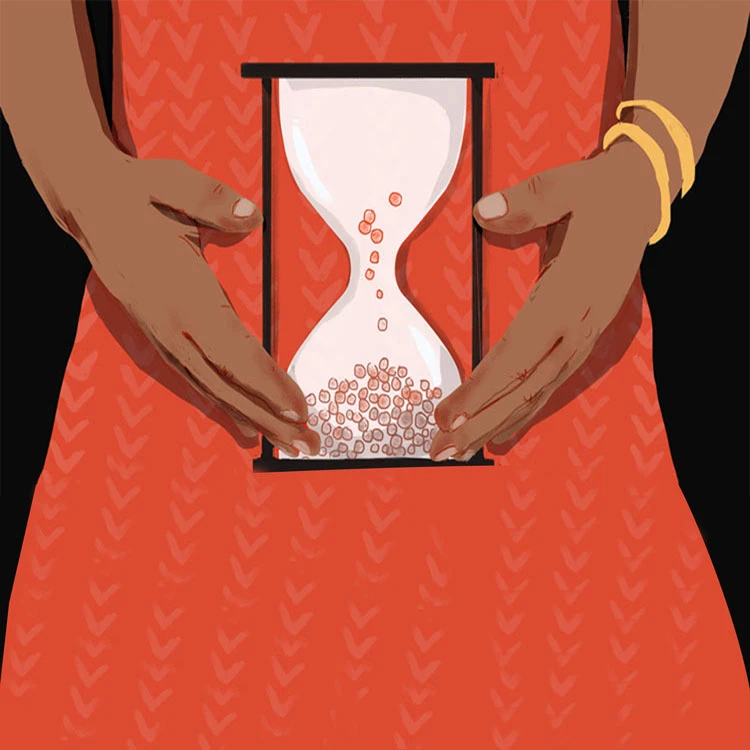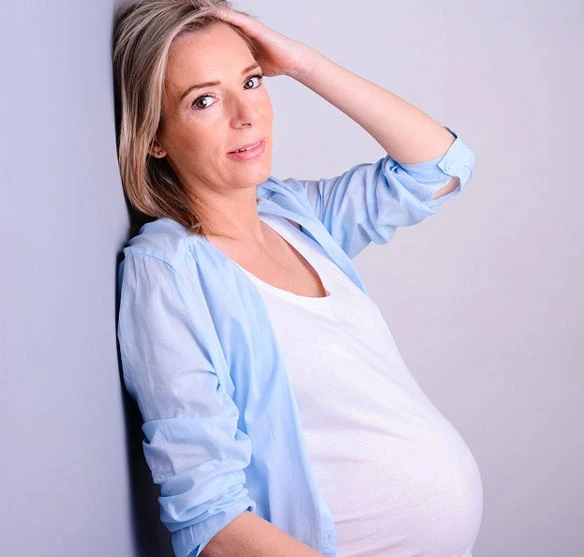Early menopause adversely affects women's fertility and may cause cardiovascular diseases, psychiatric diseases, osteoporosis, and other health issues in the long run. The main symptoms of early menopause include hot flashes, constant fatigue, insomnia, irregular menstruation, sudden hair loss, and increased facial wrinkles. Fortunately, this problem can be treated by hormone therapy, taking calcium supplements, changing lifestyle, etc.
Ovarian follicles secrete anti-müllerian hormone during the childbearing age. An AMH test, therefore, is used to estimate the number of remaining eggs in the ovaries. The AMH test normal range for women under 35 is typically 1.5 to 4 ng/mL. The lower the level of this hormone in the blood, the lower her chance of natural pregnancy.
Not all women with diminished ovarian reserve (DOR) are infertile; in fact, they can have children of their own using assisted reproductive technologies like IVF and ICSI. Although their chance of conceiving in IVF is lower than others, they can still get pregnant if the quality of their remaining eggs is acceptable and their uterus is healthy enough to hold the fetus.
Age is an important factor in female fertility as the number and quality of eggs decrease as she ages. However, you can increase your chance of pregnancy after 35 by taking pre-pregnancy tests, improving your diet and lifestyle, exercising regularly, keeping your weight at a normal range, avoiding smoking and drinking, etc.



